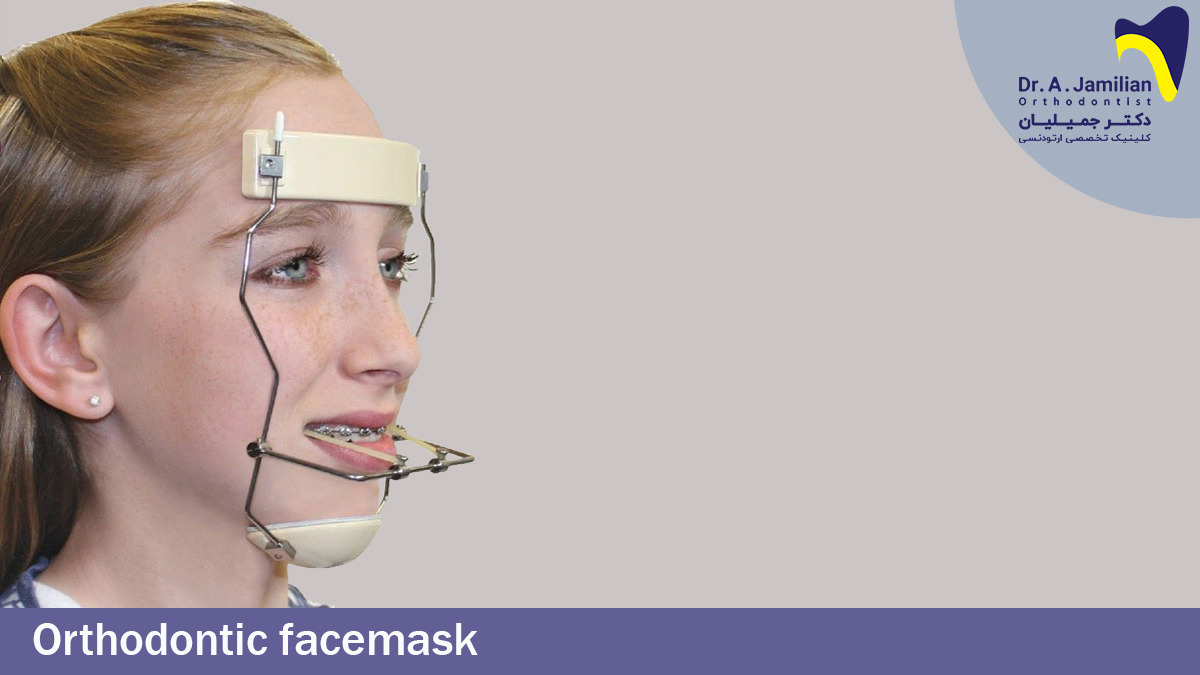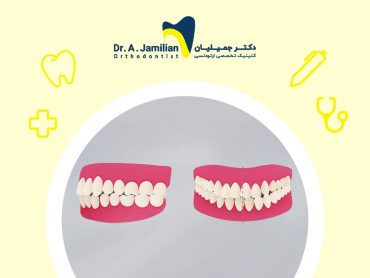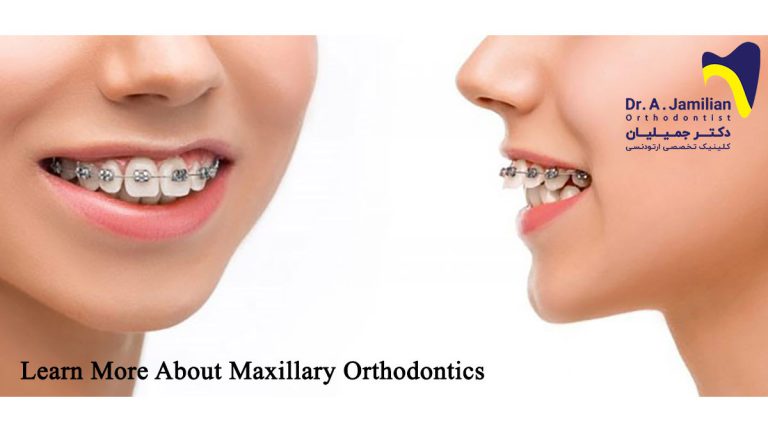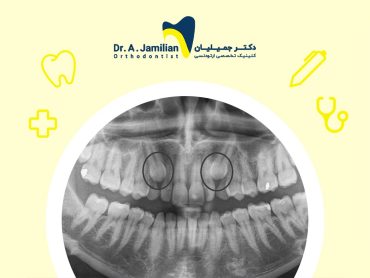For children diagnosis of jaw disorders is simple, and easy. To do so, ask your kid to put their teeth exactly on each other, in a way that their molar teeth touch each other. Now, look at your kid from the opposite side. Normally, their maxilla’s teeth must be about 2 mm ahead of their mandible’s teeth. So, if you notice that your kid’s lower jaw’s teeth are ahead of their upper jaw’s teeth, or you notice that their upper and lower jaws’ teeth are placed exactly on each other, you need to show your kid to an orthodontist as soon as possible. Using facemasks is a useful way to treat the jaw disorders in children.
What Is Facemask?
Understatement of malocclusion in little children would exacerbate such disorders in the next few years. Failing to treat such problems in childhood would force these people to not only spend hefty costs in adulthood, but also sometimes they would have no choice but doing surgery. One of the functions of the orthodontic treatment is using facemask to reform the children’s jaw disorders and problems, which has been approved as very useful and effective. The problem with such devices is that they are large and extraoral. Prof. Abdolreza Jamilian, the orthodontist and jaw surgeon fellowship, has solved this problem. He has succeeded in inventing a small intraoral orthodontic device which mostly is a good replacement for the facemask. To find more information about this invention please refer to patents.
Facemasks are placed out of 8-13 years old children’s mouths with the aim of reforming the problem of malocclusion of their teeth and also stimulating the growth of maxilla. Facemask is a proper treatment for people who suffer from mild underbite disorder. It seems that, in these people, the lower jaw has moved forward. This device plays a very helpful role in dragging down and forwards the upper jaw; hence, people won’t need any difficult surgery in adulthood and even if they need a surgery, their surgery would be very limited.
Facemask is a sort of removable orthodontic treatment, recommended to treat and refine the upper jaws which have not grown sufficiently. In the orthodontic treatments, the device acts like an orthopedic device and plays a key role in treating the jaw disorders.
It is necessary to remind you that facemasks are not an independent orthodontic device and must be used along with other orthodontic devices and equipment to treat and refine the jaw problems and disorders.
Components Of Facemasks
The orthodontic facemask is composed of three main pieces:
- Headcap
- Face frame
- Headgear connections
The main body of the facemask is an integrated piece made of stainless steel. This device is composed of three components including headcap, face frame and headgear connections. The device also is equipped with settable pads used for placing it on the chin and forehead. Both the chin and forehead of the patient are fixed with a metallic shaft and frame-like. The main body of the facemask is made of a frame and a central shaft connected to the patient’s head. This frame has a mouthpiece which is placed against the patient’s mouth and it facilitates the connection between the elastic band and the mouth directly. Finally, these connections are connected into things installed in the patient’s mouth, so it provides the necessary force for dragging the jaw forwards.
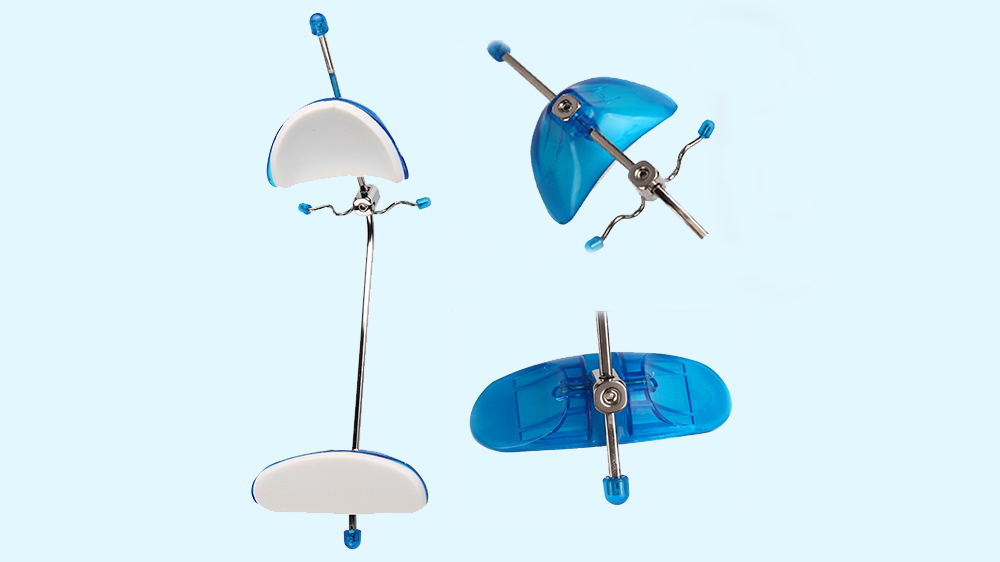
Some Points About Using Facemasks
Please follow the following tips while you use a facemask:
- Continuous use of the facemask device in order to feel its efficiency and effectiveness;
- To avoid any manipulation of its consisting pieces;
- To avoid stop using the facemask without consulting a dentist;
- Regular use of toothbrush in order to keep the facemask and its plaque clean;
- To keep the facemask plaque safe when you don’t use it.
It is worthy to note that the best time to use a facemask is from 6pm until 6am. Patients need to wear their facemasks at least for 18 hours a full day in order to be able to feel its impact on their recovery. It is recommended to avoid using the device before going to bed, because it brings about a condition in which you may feel more pain.
Disadvantages Of Orthodontic Facemask
Sometimes, using a facemask stimulates the skin of the chin and forehead of people who wear it. To avoid this problem against your skin, you can smear those parts of your face which are in direct contact of the device with the talcum powder or in harsher cases, you can put a piece of soft rag beneath the device’s pad.
Many people who have to use this device feel discomfort about the appearance of this device and their appearance after wearing it. Moreover, the big size of this device makes it difficult to use it for little children.
Given the above-mentioned disadvantages of facemasks and also the point that the new generation of children hate to wear extraoral orthodontic devices, Dr. Jamilian, the great Iranian orthodontist, has invented a tiny orthodontic device which can replace the facemask and the headgear. This tiny intraoral device is used to drag the upper jaw forwards. This invention of Dr. Jamilian has been recorded and approved by the United States Patent and Trademark Office (USPTO). It is used also in Germany and France, as well. It is worthy to say that the news of this invention was broadcasted by the News Channel of Islamic Republic of Iran Broadcasting (IRIB).
